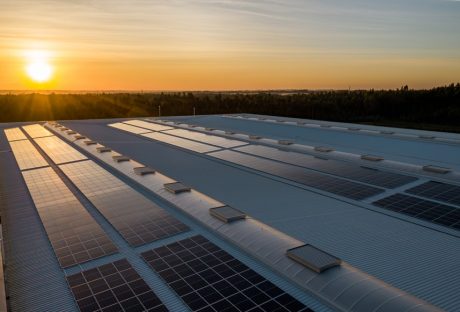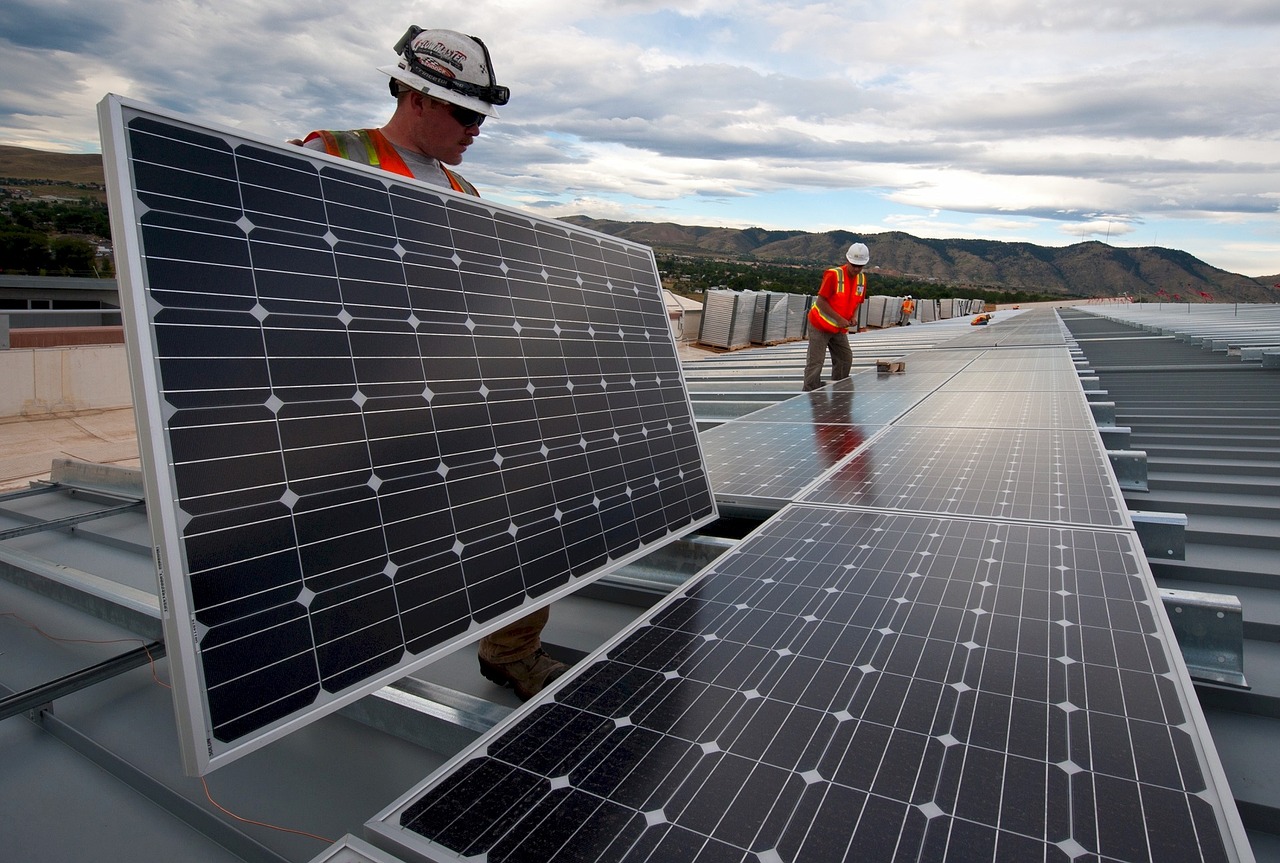Tag: Solar Energy

How Much Do You Save With Solar Panels? The Ultimate Guide
It's no secret that installing solar panels in your home can save you a significant amount of money. After all, you'll be able to partially generate your own electricity as opposed to relying on utility providers. Not everybody knows just how much they can expect to save from home solar panels, though. How much do you save with solar panels? Let's take a look at the contributing factors to solar panel savings. Sun Exposure As you might guess, the amount of sun exposure in your region will play a large role in determining how much money you save with the best solar panels. Those who live in states like Arizona, California, Florida, or Texas will save more than those who live in Washington. This means that those who live in regions with a particularly cloudy climate may want to hold off on investing in solar panels. The Cost of Installation Those who wish to install solar panels on an average-sized home will need to pay approximately $10,000 to do so. Those who have larger properties will need to spend even more. This also means that it will take you longer to recoup your initial investment. Keep this in mind moving forward so that you can determine whether or not this option is best for you. You can check out this solar installation company to learn more about a reputable resource for this type of equipment. Your Overall Electric Bill The more electricity that you use on a regular basis, the more money you will save by using solar panels. However, those who use minimal electricity each month won't save enough money to justify the costs of installation. So, those who will benefit most are likely those who run a business out of their home, have a substantial number of people living at the property, etc. To get the most precise measurement and the most out of your solar investment, you should be equipped with a smart electric meter. Government Incentives Interestingly, many people are unaware of the fact that the government offers incentives for homeowners to install solar panels. This comes in the form of a tax credit, which allows you to deduct a certain amount of money from your overall income. By extension, this then reduces the amount of money that you pay taxes on. On average, you can expect to receive a tax credit of approximately 23% of the cost of your solar panel installation. Those who spent $10,000 on installation, for example, would be able to write off $2300 from that year's overall income. So, How Much Do You Save With Solar Panels? The answer will highly depend on the factors listed above. In general, however, you can expect to save approximately $1500 per year on electricity. Over time, this number can quickly add up. So, keep the above answer to “how much do you save with solar panels” in mind. Looking for more tips that can help you out later on? Check out the rest of our blog for plenty of more useful information. Read Also: 10 Steps To Take To Set Up Solar Panels At Home The Benefits of Solar Lighting in a Nutshell
READ MOREDetails
What You Should Know about Solar Energy for Schools Benefits
The use of solar energy has grown by leaps and bounds in recent times, and now, you don't just see it in residential or commercial buildings any longer – solar panel systems are now being utilised for more schools as well. The government encourages this growth and has even come up with its own form of support for schools and other educational institutions wanting to go solar. There are indeed a lot of benefits brought by having your own solar energy, but what else can you expect from it? How can you make sure that your solar investment is fully utilised? Here's everything you need to know about solar energy for schools: benefits, expectations, and more. How you can save on expenses – and earn: With solar energy, there are three ways through which you can save and earn on your expenses. One way is with your actual usage of energy from the grid. Since you produce your own energy, your energy usage from the grid will go down, thus resulting in lower electricity bills. The second way is through what you can earn based on the electricity your panels can produce. This the Feed In Tariff. The third way through which you can save and make money is when you get paid for whatever electricity isn’t used by your school. This is referred to as the Export Tariff. Will the sun be enough? This is one of the more common questions asked by many, and the answer is a simple yes. There is enough sun, even in the UK, for your solar panel system to work – and work well, at that. Although bright sunlight is always best in regard to solar energy, your solar panel system will continue to produce energy even when the days are cloudy. For every 1 kilowatt of solar panel installed, you can expect to produce an average of between 750 to 900-kilowatt hours of energy. If you are located in the south, your system will generate even more. Is it the best solution for my school? Granted, while a solar energy system is generally a good and worthwhile investment, you still have to be sure that it’s the right solution for your school, as experts in solar in Cheshire like Atlantic Renewables attest. Many of the schools in the UK are suitable, however. For instance, does your school have a roof that is flat or pitched and is the roof facing south-east, south-west, or south? If it is, that's already good news. Also, if you don't have any buildings or trees shadowing your roof, this is a good sign as well. You should also have a strong roof, although most roofs are already strong enough to hold solar panels. How to pay for it: There are different things you can do to help you pay for a solar panel system for your school, one of which is help from your local education authority. You can ask them to provide you with the capital you need at a very low or even zero rate of interest. Another way through which you can finance your solar panel system is to go to your local council. Community funding is also possible, and you may be surprised at how many communities have already worked together to bring a solar energy system to fruition for schools. Read Also: Ready Rooftops – How To Install Solar Panels Prepare Your Solar Panels For The Fall
READ MOREDetails















